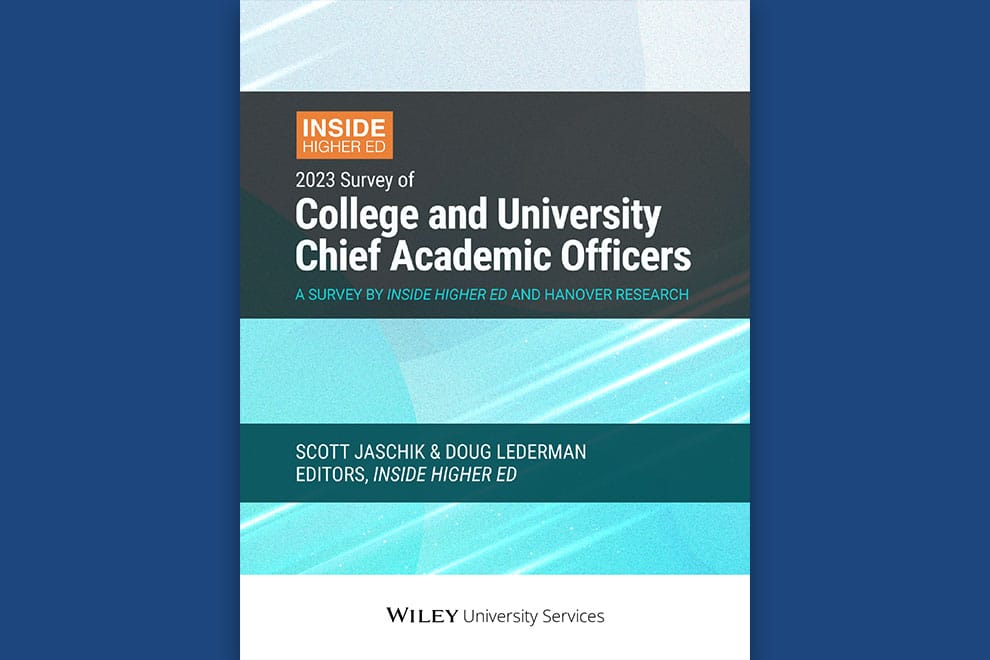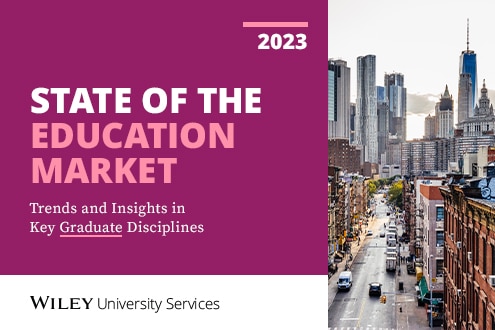The COVID-19 pandemic played a role in changing higher education as we know it. In addition to introducing new online learning options, universities must now also reconsider how they can best prepare students for careers in a changing economy. The Chronicle of Higher Education recently shared their trends snapshot How Colleges Can Prepare Student for Jobs of the Future. Here are five strategies colleges can consider to prepare students for this new world.
Click the image below to view the full infographic.

#1 Generate new programs
Today’s higher education seekers want to build career-ready skills fast. By generating new programs, universities can:
- offer shorter courses that allow students to accelerate their education
- explore micro-credentials required for high-demand industries
- look into stackable credentials that can lead to multiple career opportunities after graduation
#2 Stay on top of industry demands
Higher education must keep up with industry trends, like the increasing demands of healthcare and technology. Universities can connect students to in-demand careers by:
- joining local associations to build relationships with employers
- hosting online panel discussions, networking events, and recruiting opportunities with local companies
#3 Create midcareer offerings
Universities can support adult learners by providing flexible, online learning opportunities. This skill-building support can include:
- offering online advising and virtual panels
- extending scholarships to those over the age of 25
- providing online career pathway counseling for those striving to advance in their current industries
#4 Design substantive work opportunities
Apprenticeships and internships can lead to careers immediately following graduation, especially in the
technology and manufacturing industries. Universities can help students prepare for immediate career success by:
- partnering with start-ups that offer paid, short-term assignments to students
- designing apprenticeship programs
- offering courses that allow students to work in their desired field for academic credit
#5 Blend classroom and career
Many employers require applicants to have years of relevant experience, so it’s essential for universities to maintain career relevancy in each course. Universities can ensure students are career-ready by:
- leading conversations about how coursework directly relates to a career path
- explaining the intent behind assignments and how the experience will be relevant after college
- teaching in-demand soft skills that can be applied in any career, such as problem-solving
Ready to dive deeper into these five strategies? Learn more by downloading How Colleges Can Prepare
Students for Jobs of the Future from The Chronicle of Higher Education today.
*Infographic was created by Wiley based on data from the Jobs of the Future Trends Snapshot developed by The Chronicle of Higher Education.

















